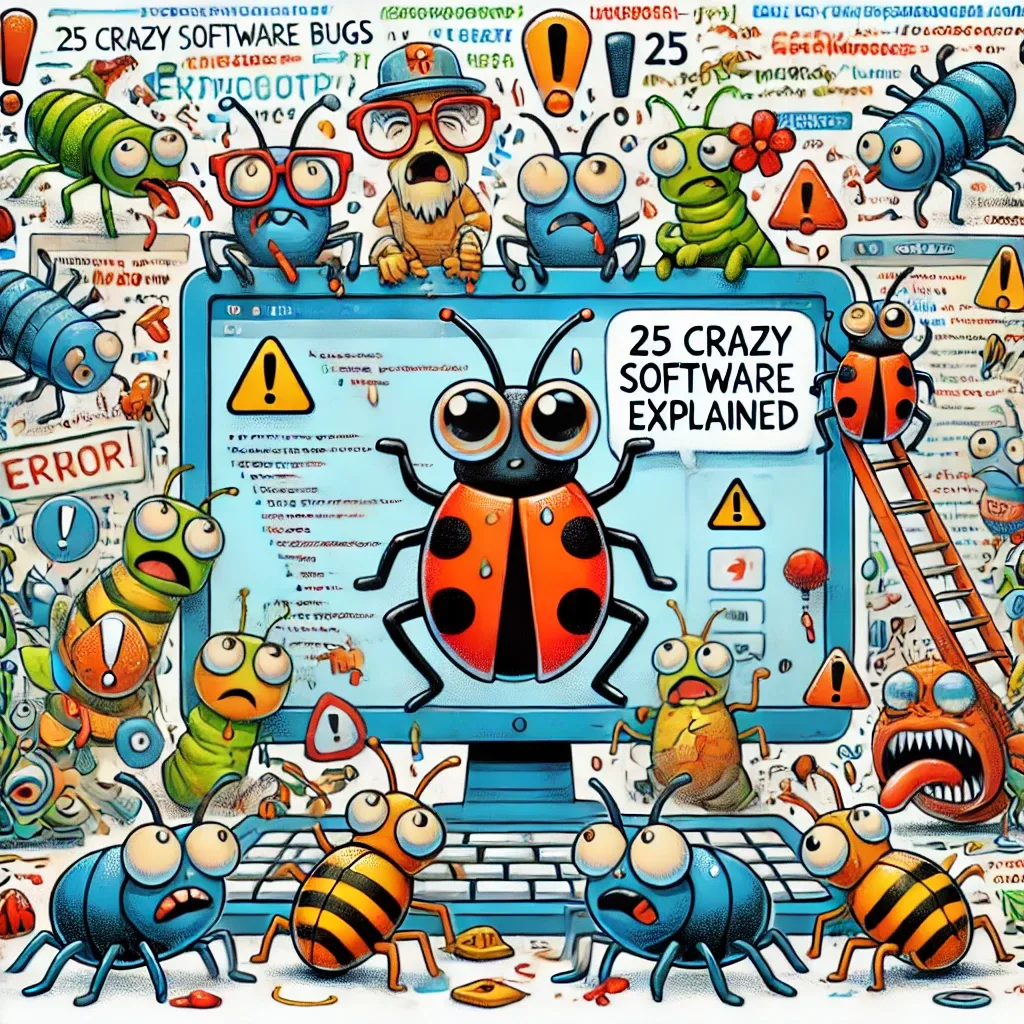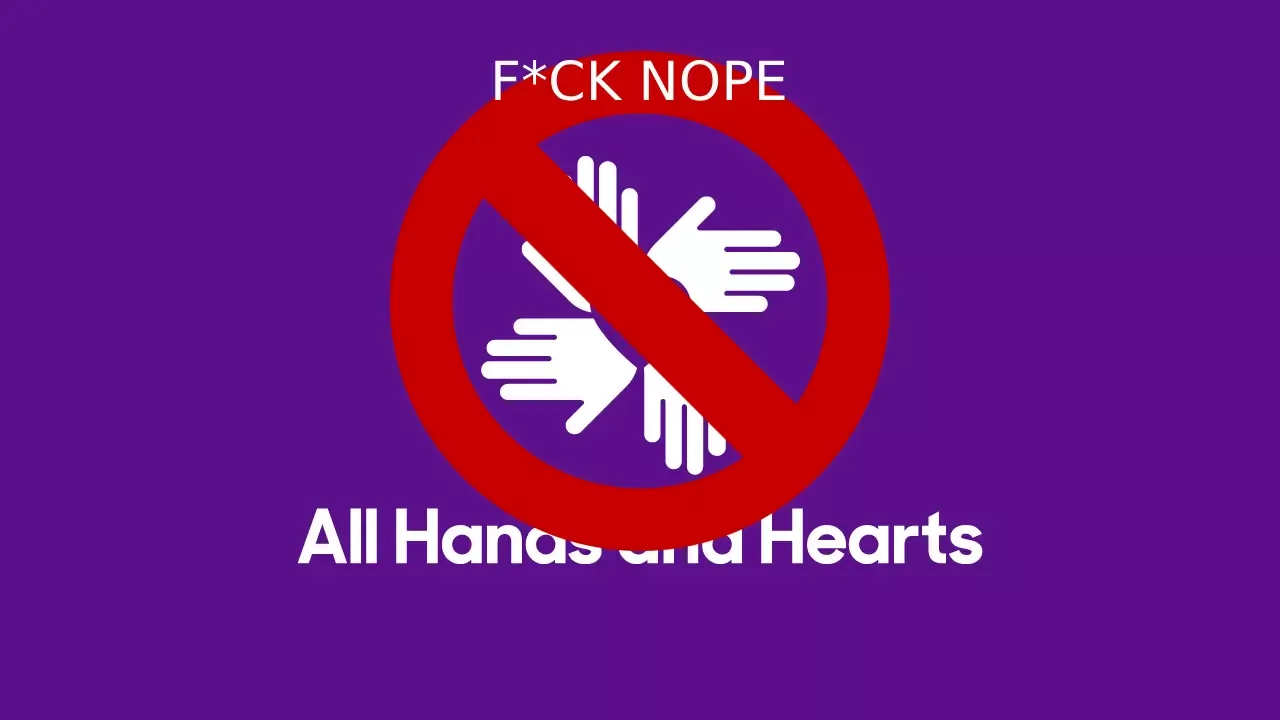... If it isn't leading it already... Back in 2023, China imposed restrictions to online videogames to fight against the heavy addiction that these games provoke in its citizens. News that really shacked all over the tech industry and made big chinese tech companies like Tencent and NetEase plummet on the stock market.
Today's blog entry is not about the strict restrictions that they imposed, which some may consider very severe . (Underage children cannot play between 10 pm and 8 am , and they can only play for 90 minutes a day). Other restrictions some may consider sensible , such as the prohibition of videogames giving daily rewards. Draconian laws for some that the government had to enforce to prevent minors and young people from developing strong addictions towards these games.
And if you think about it, they are very protective and very restrictive towards their population. Dictating what the video game industry can or cannot program looks to many, more like dictatorship than protectionism.
However, it only really takes a short look at how chinese videogames work (an example of this could be silkroad online) and how they are designed to make players spend so much time playing in order to get rewards. These companies really designed their games with the only target in mind of maximizing profits no matter the cost or how that affected its userbase.

A practice that is very extended in the videogame industry
We only need to look at two of the latest games rolled out by Blizzard, one of the leading companies in the video game industry, Overwatch and Diablo IV. Both games with inmersive gameplays that have been designed exclusively for players to spend money and/or time on playing and "lootboxes", which are random collections of items that drop all sorts of in game stuff, like skins, poses, phrases etc.
I have seen this practice grow and grow insanely , making so many videogames with huge potential of being good games, fall into a pit / abyss of repetition, and "price winning" that resembles a lottery. To a point where they became annoying . We are talking about very aggressive monetization strategies that prey on human behaviour.
For the liberals, this would be a draconian imposition from a communist dictatorship. One could argue that the same sort of addictions can stem from anything such as reading a book, or using social media. But before we make such a comparison, we must understand that these companies pay experts to design these gaming strategies in a way that maximizes benefits and really prey on these tactics to obtain them. Imagine having someone in your staff whose only job is to make your product more addictive to a % of the population.
What will this imply?
If you think about it, for so long the European Union lead the way in so many aspects regarding many topics ranging from food safety, working regulations and so on. For instance, the safety regulations on the food industry, or consumer electronics, lead the way for many developing countries to create products that were according to these strict regulations. Big companies were forced to design and create products and services in such a way that if they wanted their goods to be sold in the European Union (one of the biggest and wealthiest markets in the planet) they simply had to follow on, paving the way for other countries to also benefit from products designed this way
I believe in this case, it is China who will lead the way. We cannot and should not forget that China is by far the biggest consumer market for videogames. If big companies start developing triple A videogames and want to also take in their market, they will have to design their videogames accordingly. And history suggests that if China enforces these sort of rules, maybe other parts of the planet will follow.











